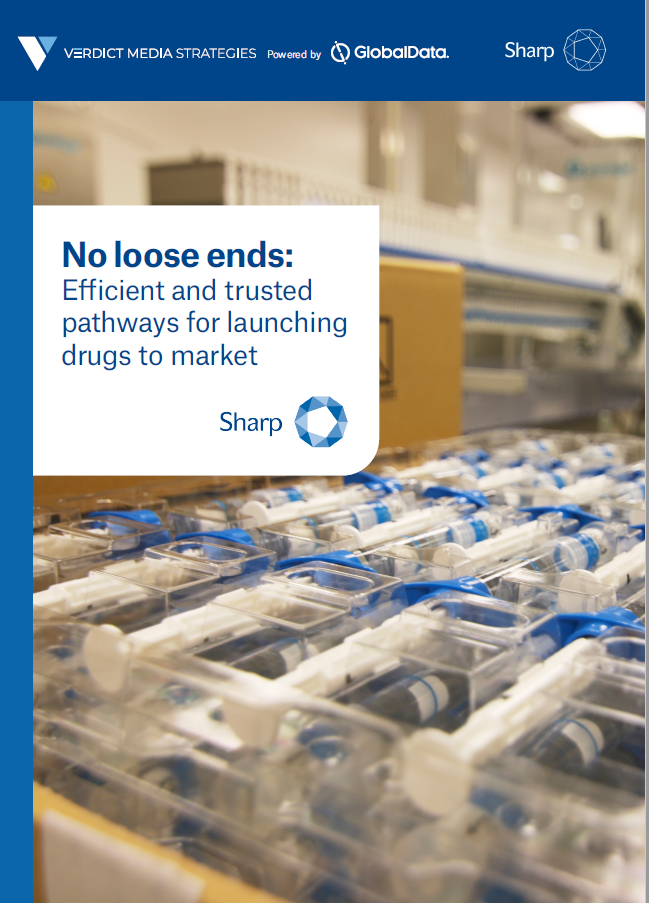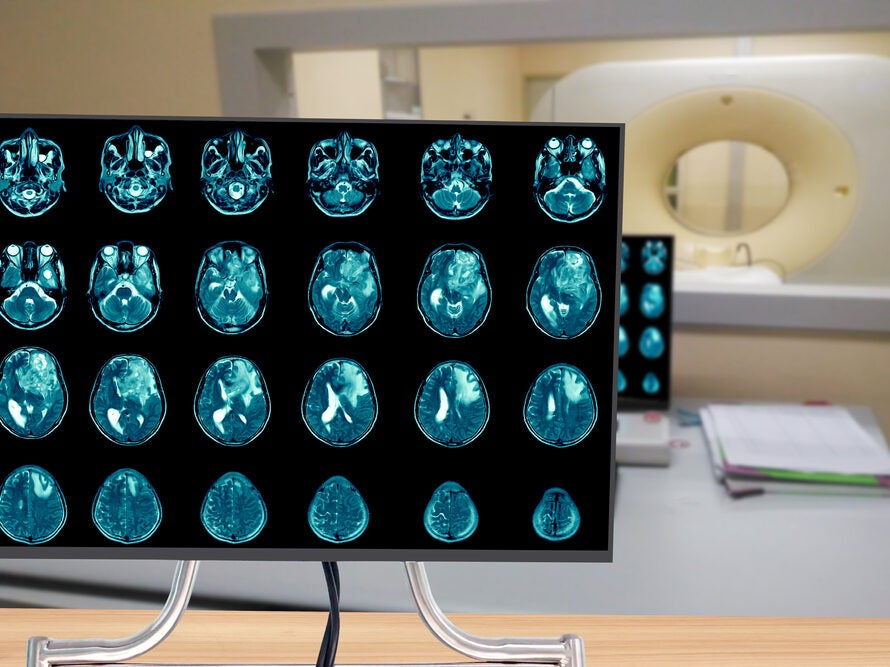The rapidly growing medical device market is currently valued at $228 billion and is due to double by 2018. Due to rapid growth in the industry, combined with numerous small medical device companies, there’s an increasing need to use external resources to conduct clinical trials. The idea of outsourcing medical device trials has been seen to be extremely beneficial due to the expertise and resources of contract research organisations (CROs). CROs promote their services, identifying the advantages of working with them. These include various outsourcing models available depending on your company’s financial and operational capabilities. The ultimate objective is to get your device to the market efficiently, while abiding by FDA regulations. However, there are many barriers to overcome to successfully outsource device trials. Pharmaceutical companies have outsourced their clinical drug trials for many years, therefore most CROs have set procedures in place that work well with drug trials. What CROs occasionally struggle to get right is how to amend those processes to accommodate device trials. A medical device study is vastly different to a standard drug trial, therefore you want to find a CRO who displays flexibility with their protocol and trial processes.
In terms of outsourcing there are three main models: full, functional and hybrid outsourcing. Full end-to-end outsourcing involves the sponsor handing over the reins entirely to the CRO. This option is favoured by larger device companies, as CROs have the expertise to carry out time-efficient, high quality trials. On the other hand, this model is incredibly expensive and many smaller, start-up companies would struggle to find the money to fully outsource the entire trial. From what I gather after speaking to industry experts, hybrid outsourcing is favoured by most of the medical device industry. This model is ideal for studies where the procedure sits outside the standard format. This ‘cafeteria’ type model allows the sponsor to decide which processes in the study to outsource and what to retain in-house. When asked how they decide this, clinical operations professionals say they need to address their in-house capabilities to determine what they can do themselves. This balance between using in-house resources as well as outsourcing is a lot more cost-effective and encourages you to use the skills you have within your company. The challenge with hybrid outsourcing is identifying and qualifying vendors to work closely with, remaining in control of your trial.
As mentioned previously, for many years CROs have been utilized for drug trials by pharmaceutical companies. The medical device industry is lagging behind slightly in terms of outsourcing. This is clear when speaking to experts in the medical device sector. Many device companies feel they struggle to find CROs that, one, do as they’ve promised from the start, and two, are flexible and accommodating. Another challenge faced by medical device companies is finding the right balance of project management when outsourcing part of their trial to a CRO. The roles and responsibilities must be clearly laid out from the start of the study to ensure it’s conducted smoothly and more importantly so the sponsor is able to maintain control throughout.
What was most interesting was hearing from clinical trial professionals working in small, start-up medical device companies. The main hold up for smaller companies trying to get their devices to market is obviously cost. The cost to engage CROs to run their trials is difficult at the best of times. They often rely on funding, and as they may not have the internal systems and capabilities to run a successful device trial, outsourcing to CROs is their only option. Thankfully CROs offer partial plans, which allow smaller companies to access some of their services for a reduced cost, rather than outsourcing the entire project.
Strategic alliance is a somewhat less common method of outsourcing. In some people’s opinion, forming a strong relationship with only one CRO and allowing them to do all your clinical trials is not always the best option. This would not only be incredibly expensive but may also lead to the device company not maximising the use of their internal expertise. However, keeping more procedures in-house can also pose challenges to the smaller device companies. This would require a lot more work and they would need access to many complex, costly systems.
How well do you really know your competitors?
Access the most comprehensive Company Profiles on the market, powered by GlobalData. Save hours of research. Gain competitive edge.

Thank you!
Your download email will arrive shortly
Not ready to buy yet? Download a free sample
We are confident about the unique quality of our Company Profiles. However, we want you to make the most beneficial decision for your business, so we offer a free sample that you can download by submitting the below form
By GlobalDataSee Also:
For many medical device companies the challenge is getting the right balance between utilising your in-house skills and outsourcing, whilst considering both FDA regulations and cost. The key is to have a system for looking at your in-house capabilities and then deciding what level of hybrid outsourcing and CRO to go for.







